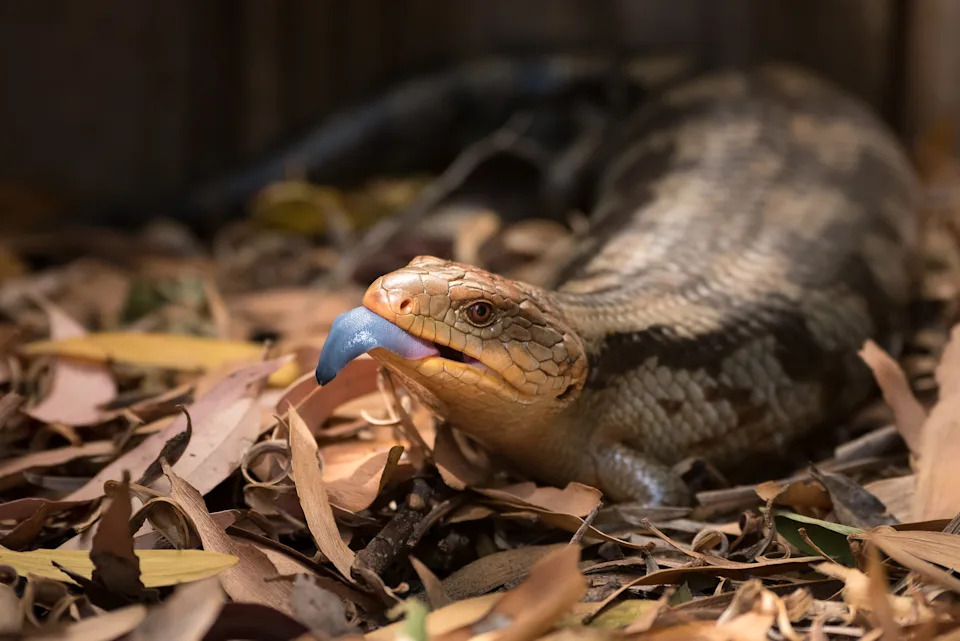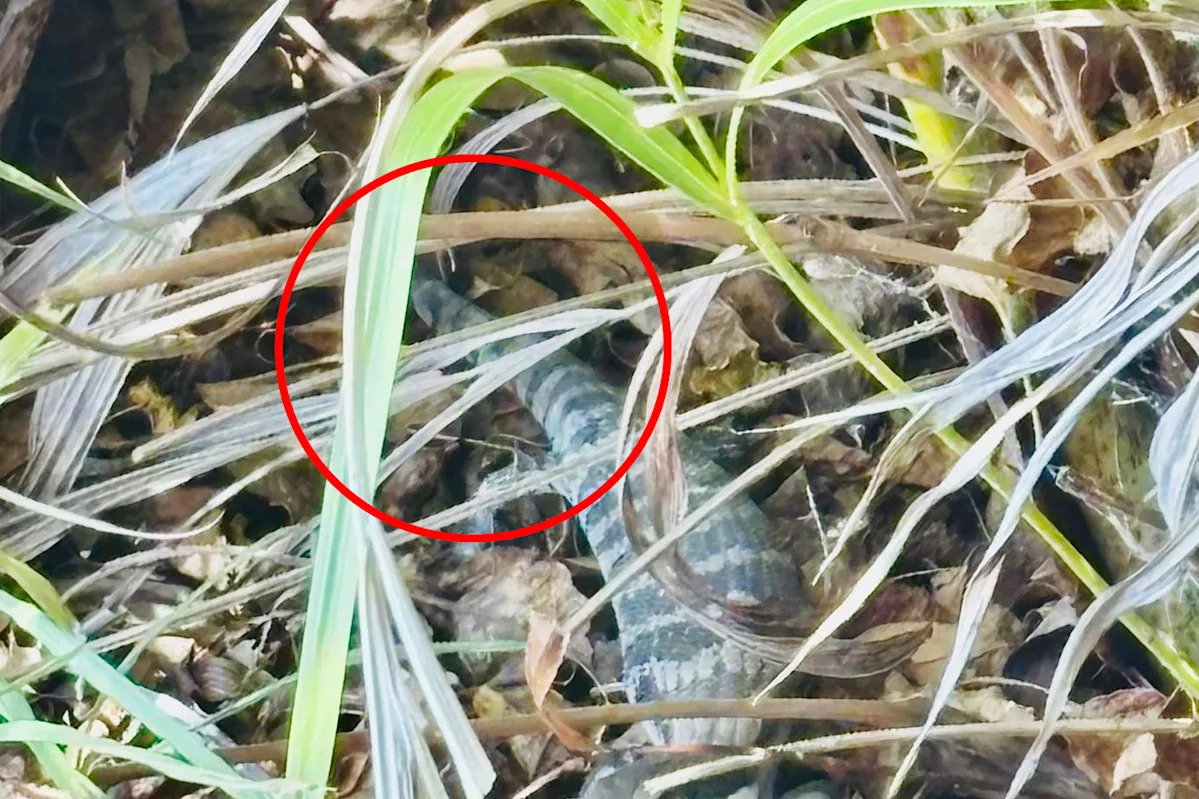An increase in reports of some of Australia’s iconic reptiles appearing in backyards, gardens, and driveways has prompted the RSPCA to issue a reminder over a common case of mistaken identity being made.
The warning comes after the New South Wales branch received a report of a wild baby crocodile, traditionally only found in northern parts of the country like Queensland, the Northern Territory and northern regions of Western Australia.
The RSPCA told Yahoo News the animal was actually a blue-tongue lizard, and it stressed there aren’t any wild crocodiles known to be living in the state.
But with so many Aussies now divorced from the natural world, it’s not “uncommon” for small lizards to be mistaken for their much larger northern Australian cousins.
Wednesday’s weather was scorching hot, reaching close to 40 degrees in parts of the state. Over the past month, the temperature has been noticeably warm. With that, the RSPCA has noticed a significant increase in calls about blue-tongue lizards, including the mistaken crocodile report two weeks ago.
That’s because reptiles are cold-blooded and enter a state of brumation through the winter, a type of dormancy that helps them conserve energy. When it’s hotter, they can be seen more actively searching for food, looking for mates, or trying to find new territory.
The bright tongue, of which the lizard species takes its name, is not in any way dangerous to humans. It’s believed they developed the colouring to scare away predators, as a common defence mechanism is for the animal to open its mouth and hiss.

The RSPCA has reminded Sydneysiders that blue-tongue lizards are not dangerous. Source: Getty
Are blue-tongue lizards are good for my backyard?
The RSPCA has issued a reminder that blue-tongues rarely require human intervention and are “completely harmless”. The reptiles are even beneficial to backyards, because they not only eat leafy greens and fruits, but also insects and snails.
But if you have dogs or cats, then there is reason to be concerned, as they can harm lizards. If there’s an injured or sick wild animal in your suburb, another option is to call WIRES which is free of charge, or another rescue organisation in your area.
RSPCA NSW veterinarian, Kate Drew, said taking them out of backyards can be dangerous, because if they’re on a nature strip they can be attracted the heat radiating from roads. And sadly, they don’t last long when there is traffic.
“Don’t let their distinctive blue tongues scare you, they are harmless and can in fact help your backyards. They help control pests like snails and insects, and in most cases, the best thing people can do is simply leave them be,” she said.
If you want to help the wildlife in your garden, then it’s best to avoid poisons like rat baits and snail pellets. Sticky glue traps are banned in some states, and they have been known to kill and injure multiple species. Planting native shrubs and tress, or leaving out a dish of water will also help.
Love Australia’s weird and wonderful environment? 🐊🦘😳 Get our new newsletter showcasing the week’s best stories.


